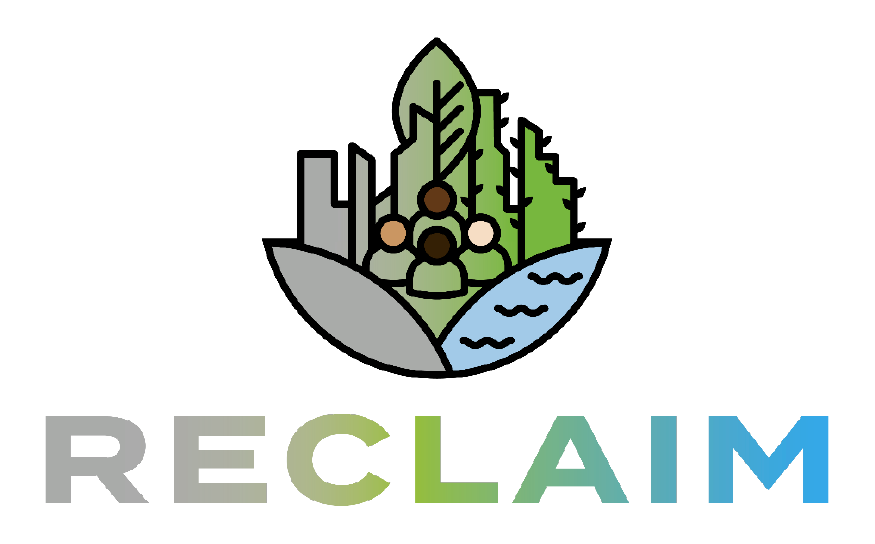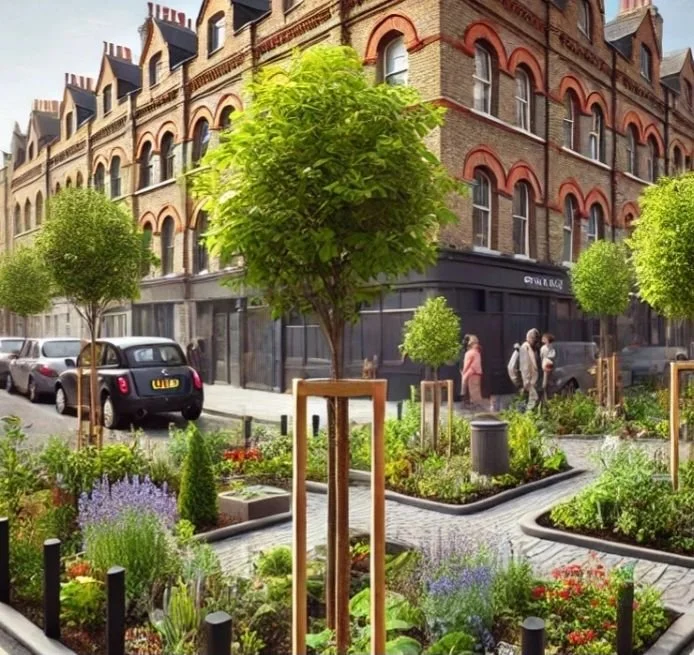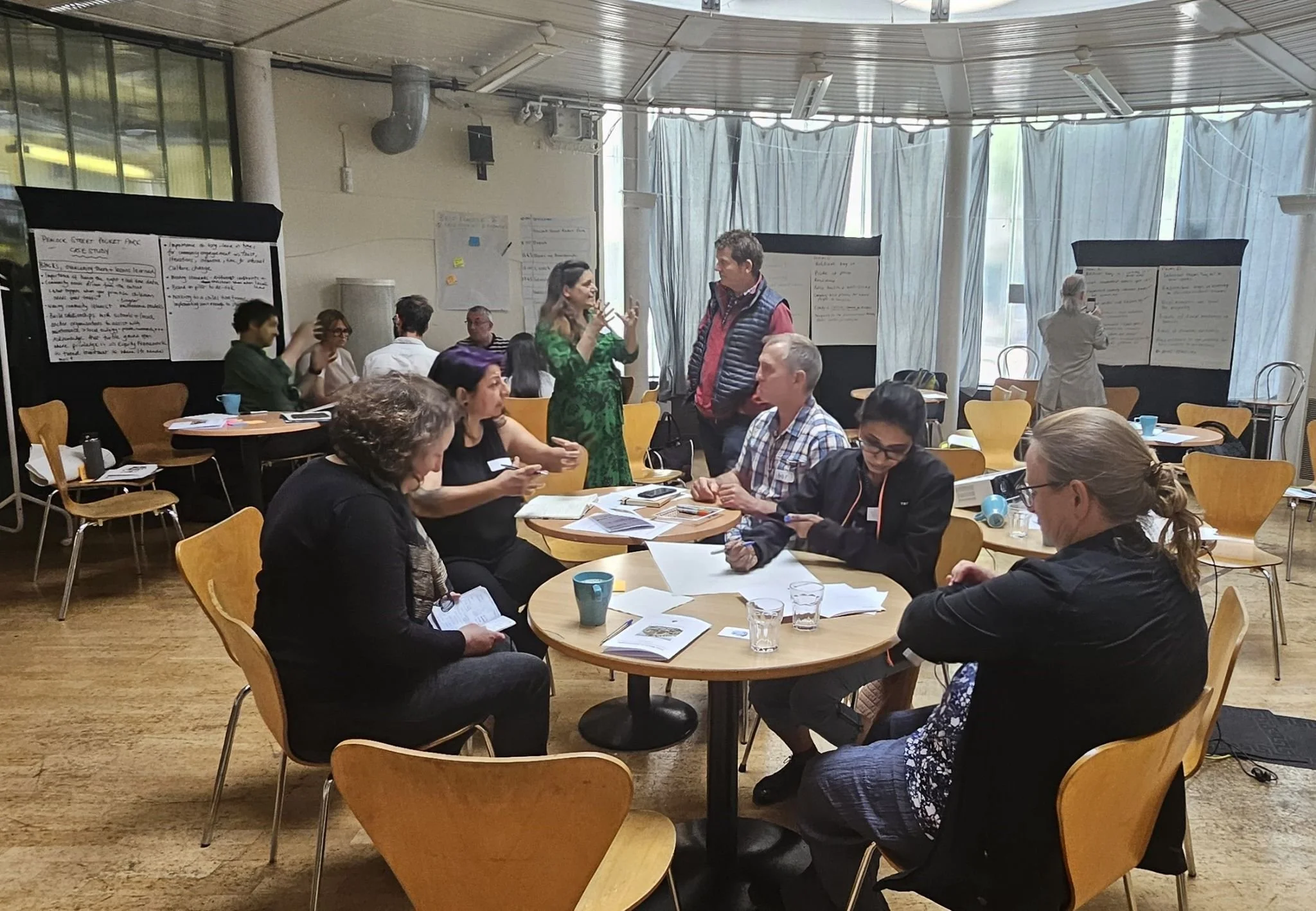Unblock systematic and institutional barriers to delivering nature-based climate adaptation in urban public spaces - particularly through the model of pocket parks
On 23rd May 2025, UK Pocket Parks, led by Charlotte Glazier, in collaboration with Ellen O’Hara of Meaningfully Ltd, delivered a full-day action-focused workshop bringing together local authority officers, thought leaders, and urban greening advocates from across the UK.
The aim: to unblock systemic and institutional barriers to delivering nature-based climate adaptation in urban public spaces—particularly through the model of pocket parks.
Workshop Highlights
The workshop set out to shift focus from “why” pocket parks are important to “how” we can deliver them at scale. Charlotte drew on her 20 years in Local Government and 30 years in landscape architecture and showcased practical lessons learnt from across a range of projects and programmes.
The programme included expert talks and panels, such as:
Kimberley Poku, whose emotional and compelling opening address grounded the workshop in the lived necessity of urban greening for future generations.
Hao Sun (RECLAIM Network Plus), who shared pioneering research on green/blue infrastructure and systemic uptake.
Juliet Quintero of former Dallas-Pierce-Quintero, presented reflections on the radical vision and political buy-in that enabled orchard-filled highways to take root, in what was the award-winning project - Abundant Amelia, Southwark
Mike Webb (WMCA), who presented innovations in Biodiversity Net Gain and Tree Token financing under the LINC programme.
Andrew van Doorn OBE (HACT), who inspired attendees with a virtual keynote on social value, culminating in the call to “Be a Good Ancestor.”
Following Charlotte’s segues through tested approaches—such as Islington’s Greener Together programme and early-stage green finance pilots—the day progressed into hands-on facilitated breakout sessions led by Ellen O’Hara, Elaine Cresswell, and Pete Frost. Participants explored site-specific and role-based barriers, built shared vocabulary, and surfaced high-impact pilot ideas.
Key Outcomes
Community Engagement: Reflections on successful S106-led participatory design methods and long-term stewardship.
Cross-Departmental Working: Emphasis on breaking silos between Highways, Waste, and Landscape teams.
Systems Change: Early-stage funding innovations such as tree tokens and blended finance models.
Policy Innovation: Highlighted the urgency of proactive delivery despite slow-moving policy frameworks.
Scalability: Practical insights from pilot programmes and funding pathways including NEIRF and WMCA strategies.
Impact: the role of social value and how to define and evidence it, to strengthen business cases.
Participants left empowered with actionable strategies, new peer networks, and inspiration to pilot nature-based solutions to unblock cross departmental delivery.
The event’s success is perhaps best reflected in the feedback from attendees, including Bridgett Macilwaine CMLI and youth advisor Mia-Ming Steel, both of whom praised the event for its practical value, inspiring tone, and the momentum it generated.
This workshop was supported by the UKRI-funded RECLAIM Network Plus grant (EP/W034034/1).



